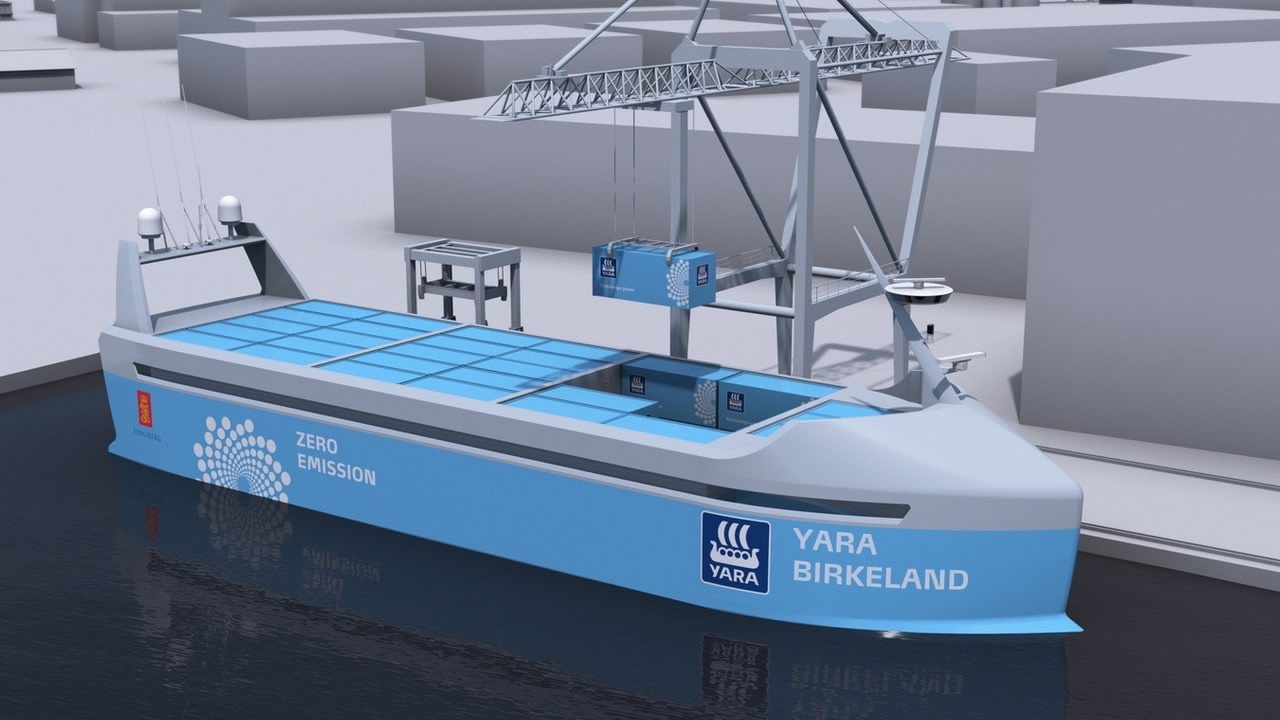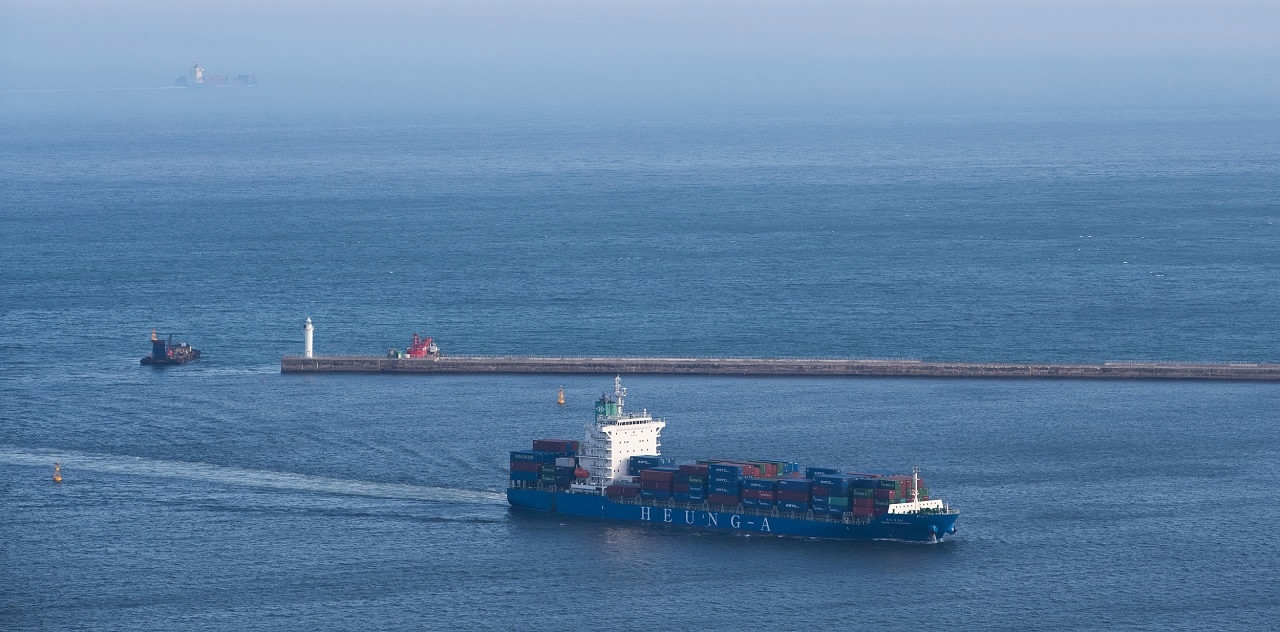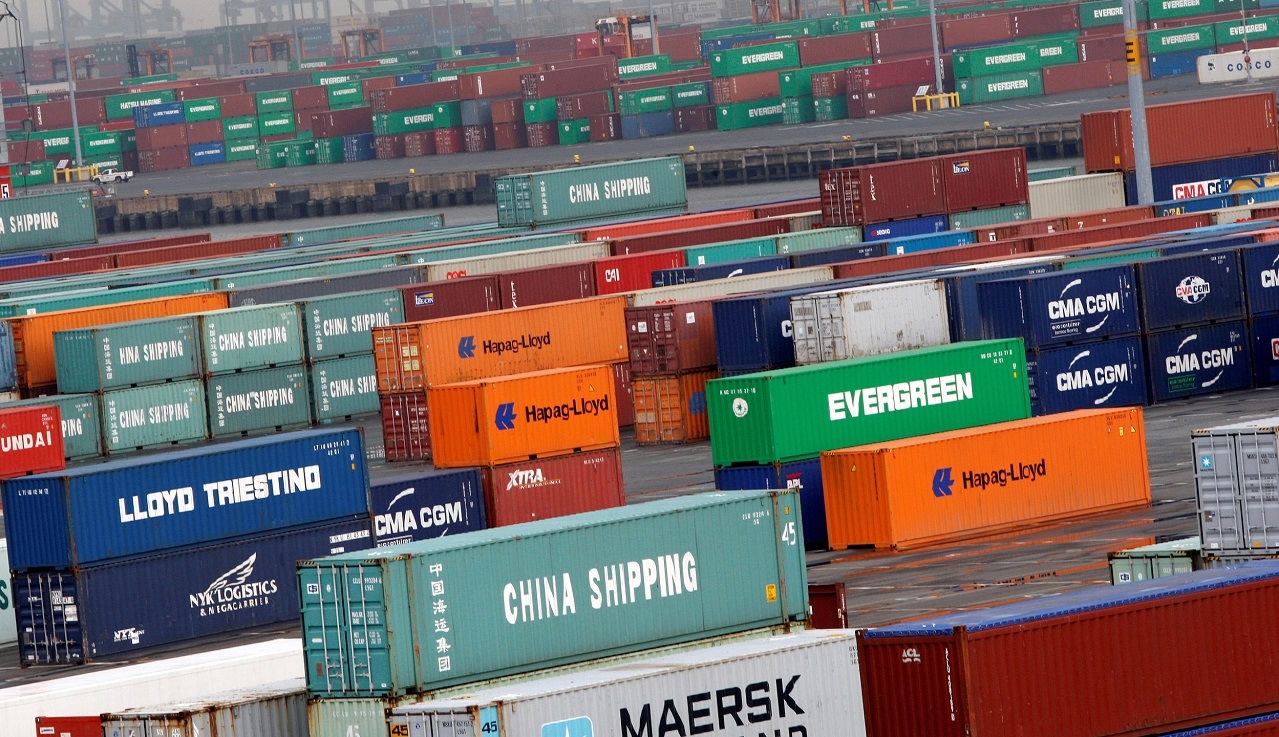World's first autonomous ship to sail next year

As autonomous-driving continues to boom, two companies from Norway are working together to bring the technology from the land to the sea.
The world first autonomous cargo ship, named Yara Birkeland, is expected to start sailing in late 2018, carrying fertilizer along a 37-mile route in southern Norway.
The vessel is being co-developed by two Norwegian companies, Yara International ASA (Yara), an agriculture firm and Kongsberg Gruppen ASA, which makes guidance systems for civilian and military uses.

Yara Birkeland will carry fertilizer along a 37-mile route in southern Norway. /VCG Photo
Reported by the Wall Street Journal, the cost of the “Tesla of the seas” will be 25 million US dollars, about three times as much as a conventional container ship of its size. Companies behind the vessel claimed that since it doesn’t need fuel or crew, it could help to cut up to 90 percent of annual operating costs.
With the capacity for 100 to 150 shipping containers, Yara Birkeland will be miniscule by modern standards.
Petter Ostbo, Yara’s head of production who leads the project told the Wall Street Journal that the company plans to develop bigger vessels and use them for longer routes after international regulations are in place for unmanned ships. “Maybe even move our fertilizer from Holland all the way to Brazil,” he added.

Yara Birkeland can carry 100 to 150 shipping containers. /VCG Photo
According to a news release of Yara in May, the electric vessel could protect the environment by reducing NOx and CO2 emissions and improve road safety by removing up to 40,000 truck journeys in populated urban areas.
Yara Birkeland will complete its first journey with a group of crews on board as a manned vessel and expected to be capable of performing fully autonomous operations from 2020, according to the agriculture firm.
